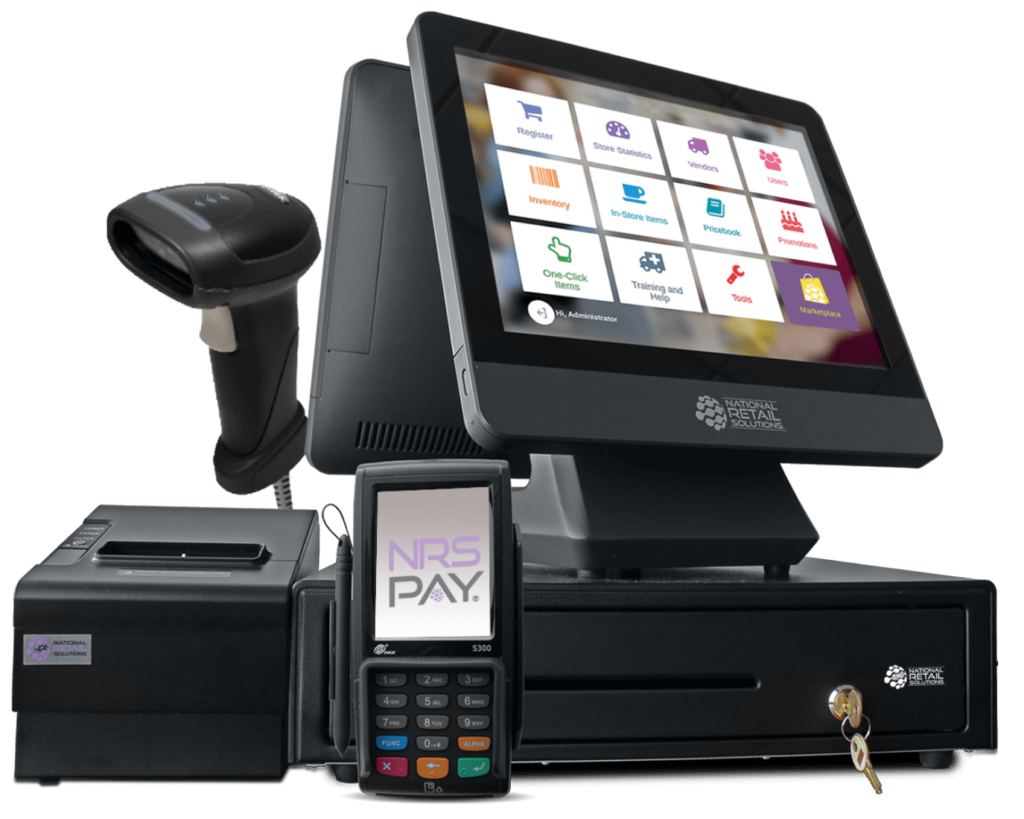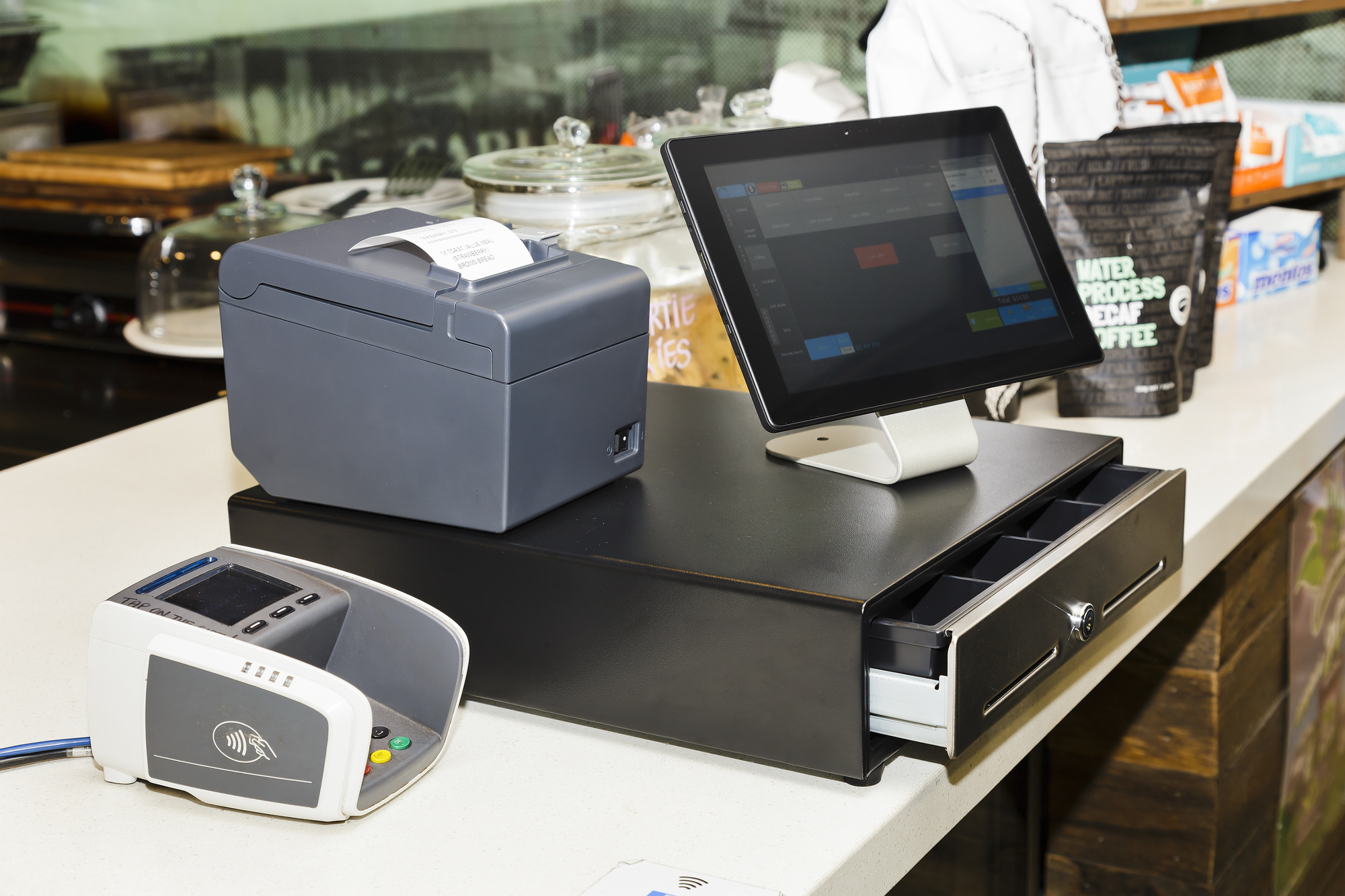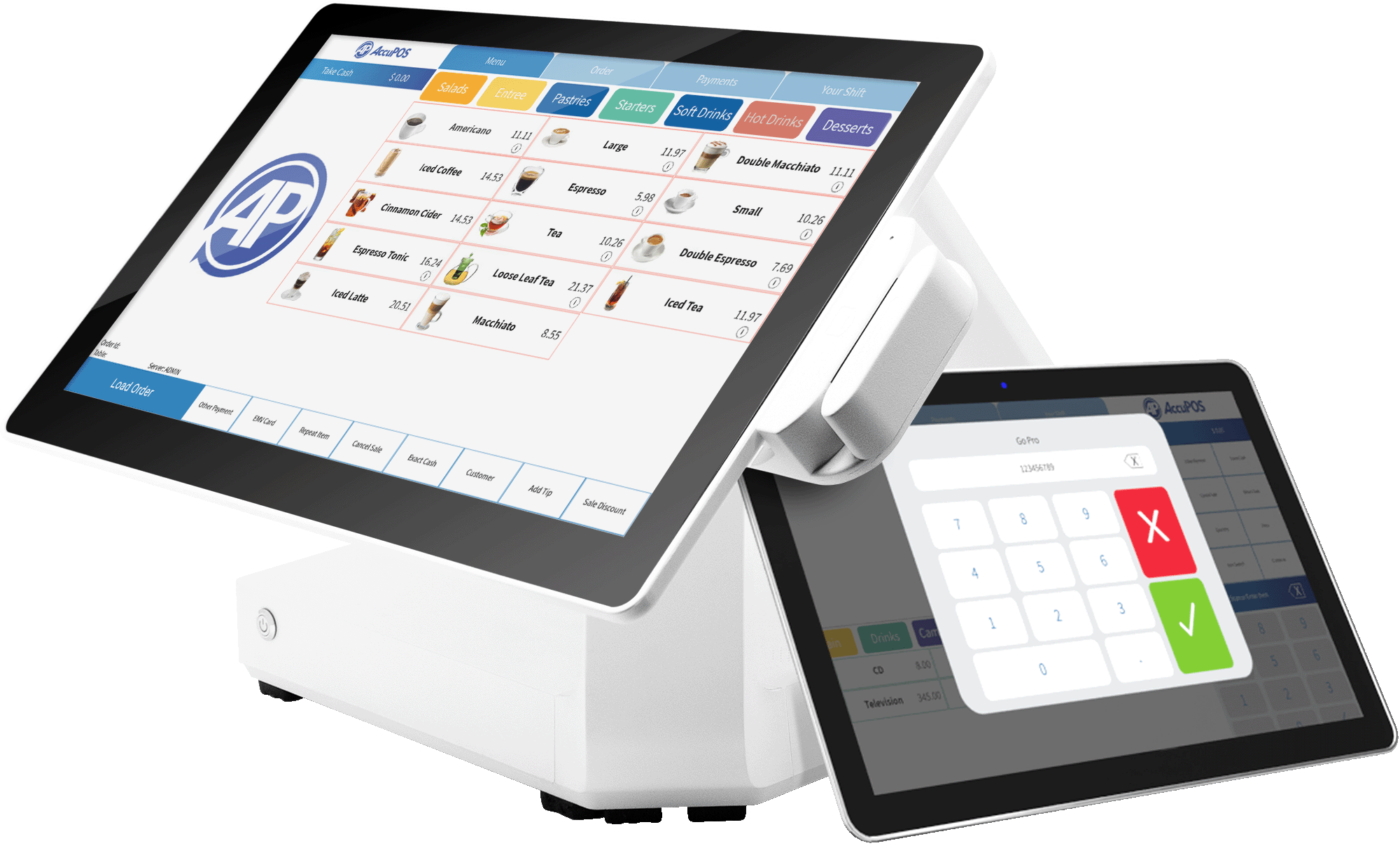Decoding 'POS' Slang: What It Truly Means In Your Digital Conversations Today
Have you ever scrolled through social media or read a text message and stumbled upon "pos," feeling a little confused about what it might mean? It's a common experience, actually, because this little three-letter sequence carries quite a few different interpretations depending on where you see it. So, figuring out its true intent can sometimes feel like solving a small puzzle, you know?
This term, "pos," truly is a multifaceted expression, one that can shift its meaning quite a bit based on the particular setting or the way someone uses it. From expressing strong feelings to giving a subtle warning, its uses are, in some respects, pretty diverse. It’s a term that has found its place in a variety of digital spaces, from quick text exchanges to broader social media discussions, and even in some business settings, believe it or not.
Understanding these different uses is, therefore, quite helpful for anyone who spends time communicating online. It helps you grasp the true message someone is trying to get across, and it helps you respond in a way that makes sense. We're going to explore each of these meanings, giving you a clearer picture of what "pos" could be saying in your next chat or feed, you see.
Table of Contents
- POS as "Piece of S**t": The Common Slang Use
- POS as "Parent Over Shoulder": A Texting Warning
- POS as "Point of Sale": A Business Term
- POS as "Pues": A Colloquial Pronunciation
- Frequently Asked Questions About POS Slang
POS as "Piece of S**t": The Common Slang Use
When most people think of "pos" in a slang context, they are, very often, referring to "piece of s**t." This specific meaning carries a rather strong and negative feeling. It is, quite simply, a phrase people use to show disappointment or a lot of frustration with something or someone. This particular use is, arguably, the most widely known in casual digital talks, particularly among younger groups, you know?
This harsh expression is, basically, thrown around to describe a person, an object, or even a situation that someone finds to be quite worthless, annoying, or just plain disgusting. For example, if a new gadget doesn't work right, someone might call it a "pos." Or, if a person acts in a way that causes a lot of trouble or seems unfair, they might get labeled as such. It truly denotes an unpleasant individual or a substandard object, you see.
This negative slang term, it turns out, is typically used to express a deep sense of frustration or a general distaste for something. It’s an initialism, a kind of shorthand, that lets people express strong negative feelings without, perhaps, typing out the full, more explicit words. This can be pretty common in quick text messages or on social media platforms where brevity is, well, often preferred, that's for sure.
- Michole Briana White
- Travis Scott Metlife
- Kay Temptation Island
- Clementine Jane Hawke
- Breckie Hill Naked
Among Gen Z, for instance, "pos" is, actually, a common abbreviation that means "piece of s**t." It is, in a way, often used to describe something or someone of poor quality or showing disappointing behavior. So, if a friend tells you their new phone is a "pos," they are, quite clearly, not giving it a compliment. It means, pretty much, that they are unhappy with its performance, or its overall condition, you know?
This use of "pos" can, therefore, convey anger or a feeling of being let down when talking about a person. If someone says a person is a "pos," it means they are very unhappy with how that person has behaved. It’s a way to express strong disapproval without, perhaps, getting into a very long explanation. It's a quick, direct way to show negative sentiment, you see, especially when brevity is, you know, key in digital chats.
POS as "Parent Over Shoulder": A Texting Warning
In the quick-paced world of text messaging, especially among young people, "pos" has, in fact, another very distinct meaning: "parent over shoulder." This particular interpretation serves as a very important signal, a kind of secret code, for young texters to be, well, extra careful about what they are typing. It's a way to instantly warn the person on the other end that an adult, usually a parent, is nearby and might be reading their messages, you know?
This use of "pos" is, therefore, a very practical tool for managing conversations in real time. When a young person sends "pos," it means, quite literally, "watch what you say now!" This can, in a way, instantly change the tone or the subject of a conversation, prompting both sides to shift to more innocent or general topics. It’s a quick heads-up that keeps private conversations private, or at least, a bit more guarded, you see.
The impact of this "parent over shoulder" warning on communication is, arguably, quite significant. It means that messages might suddenly become very bland, or they might stop altogether for a bit. It is, basically, a clear sign to tread carefully, to avoid any topics that might cause trouble if an adult were to see them. This shows, too, how creative people get with shorthand to protect their privacy in digital spaces, that's for sure.
So, if you are, perhaps, a parent wondering what your child means when they use "pos" on social media or in texts, this is, very often, the meaning. It is a signal that they are, in a way, being watched. Knowing this can, quite honestly, help you understand their digital communication a little better and, perhaps, even become closer to what they are doing online. It is, truly, a common signal among teens, you know.
POS as "Point of Sale": A Business Term
Beyond the casual slang, "pos" also has a very common and widely recognized meaning in the business world: "point of sale." This refers, quite simply, to the place where a retail transaction is completed. It’s the moment and location where a customer makes a payment in exchange for goods or services. So, this meaning is, in some respects, completely different from the slang uses we have discussed, you see.
A "point of sale" system, therefore, denotes a system for processing retail transactions. This might include cash registers, card readers, and the software that tracks sales, inventory, and customer information. When businesses talk about "pos," they are, very often, referring to this entire setup. It is, basically, the backbone of many retail operations, ensuring that sales are recorded accurately and efficiently, that's for sure.
So, if you hear someone in a business setting mention "pos," they are, quite literally, talking about the technology and processes involved in making a sale. It has nothing to do with frustration or parents. This highlights how the same three letters can have wildly different meanings depending on the context. It’s, in a way, a good reminder to always consider the situation when you come across abbreviations, you know?
POS as "Pues": A Colloquial Pronunciation
Interestingly, "pos" can also appear as a kind of phonetic representation, a sloppy pronunciation, if you will, of the Spanish word "pues." This is, actually, not slang at all, but rather a very common word in Spanish that, perhaps, some people pronounce in a less formal way. It’s a bit like saying "gonna" instead of "going to" in English; it’s a common, relaxed way of speaking, you see.
The word "pues" itself is used in several ways, depending very much on the context in Spanish. Typically, it is used to indicate a kind of resignation to something, or to an occurrence that simply must be dealt with, no matter the cost in money or effort. It can, therefore, express a feeling of "well, that's just how it is," or "what can you do?" It’s a very versatile little word, that's for sure.
You might, for example, come across phrases like "no pos wow" or "no pos ta cabron." These are, quite literally, examples of this colloquial pronunciation in action. "No pos wow" can be translated as something like "well, no, wow" or "oh, wow," often used with a sense of irony or surprise. It is, basically, a way to react to something that is, perhaps, unexpected or a bit much, you know?
Similarly, "no pos ta cabron" is, in a way, another expression that uses this pronunciation. It can translate to something along the lines of "well, no, that's messed up" or "oh, that's tough," often conveying a sense of difficulty or a bad situation. These are common expressions in casual Spanish conversation, and "pos" is just how "pues" sounds when spoken quickly or informally by some people, you see.
It is, therefore, important to understand that in this context, "pos" is not a shortened form of "pues," but rather, as my text says, a sloppy pronunciation. It is not slang in the way "piece of s**t" is slang, but rather a common word that educated people, perhaps, pronounce correctly in more formal settings. So, it's about regional or informal speech patterns, not a new slang term in itself, you know?
Frequently Asked Questions About POS Slang
When people search for "pos meaning slang," a few common questions tend to pop up. Let's tackle some of these, giving you clearer answers based on how the term is, actually, used today. These are, basically, the questions many people have when they first encounter this interesting little abbreviation, you see.
What does 'pos' mean in text, TikTok, and social platforms?
In text messages, on TikTok, and across many social platforms, "pos" most commonly stands for "piece of s**t." This is, perhaps, the most widespread slang meaning, used to express disappointment, frustration, or general disapproval of a person, object, or situation. It's a harsh and negative phrase, basically, used to describe something or someone that is considered worthless, annoying, or disgusting. However, among younger texters, "pos" can also, very often, mean "parent over shoulder," serving as a quick warning to be careful about what they are typing. So, the context is, actually, pretty important here, you know?
Is 'pos' positive or negative?
For the most part, when "pos" is used as slang, it is, in fact, quite negative. The meaning "piece of s**t" clearly carries a very strong negative feeling, showing anger or frustration. However, the term "pos" itself is a multifaceted term, you see. In a business setting, "point of sale" is a neutral, descriptive term. And when "pos" is a colloquial pronunciation of the Spanish word "pues," it is also, basically, neutral, often indicating resignation or a transition in thought. So, while the slang usage is negative, the overall term can, arguably, be neutral depending on the specific situation, that's for sure.
What do children mean when they use 'pos' on social media?
When children use "pos" on social media or in text messages, they are, very often, using it as an abbreviation for "parent over shoulder." This is a signal, a kind of heads-up, to their friends that an adult, typically a parent, is nearby and might be monitoring their screen or reading their messages. It's a way for them to quickly alert others to be cautious about the conversation's content. Understanding this can, truly, help parents grasp what their kids are communicating and, perhaps, even learn more about online communication trends on our site, and perhaps explore other common internet abbreviations to truly stay in the loop. It's, basically, a common and very practical code among young people, you know.
The various definitions, examples, and related terms listed here have been, in a way, compiled to give you a clearer picture of this interesting term. "Pos" is particularly interesting because it serves multiple purposes, from expressing frustration to warning about parental supervision. To learn more about how words evolve, you could, perhaps, look up terms on a reputable online dictionary. So, staying updated on these kinds of terms can, actually, make your digital conversations much smoother, you see.
- Camilla Araujo Nude
- Clementine Jane Hawke
- Francesca Nora Bateman
- Jaden Newman Leak
- Baked Turkey Wings

A Guide to Point-of-Sale Systems with Examples - NRS

Guide to Retail POS Software- POS software News

Restaurant POS Systems — AccuPOS™ Point of Sale